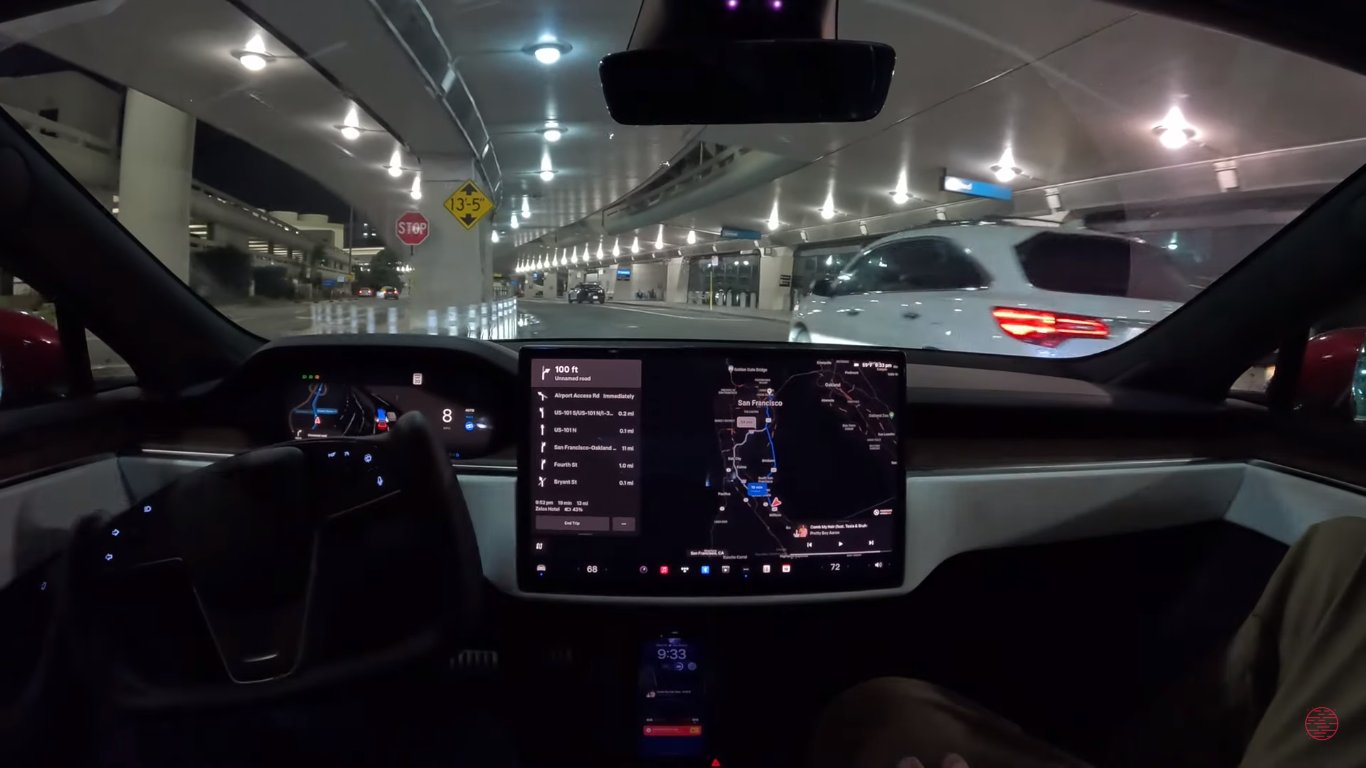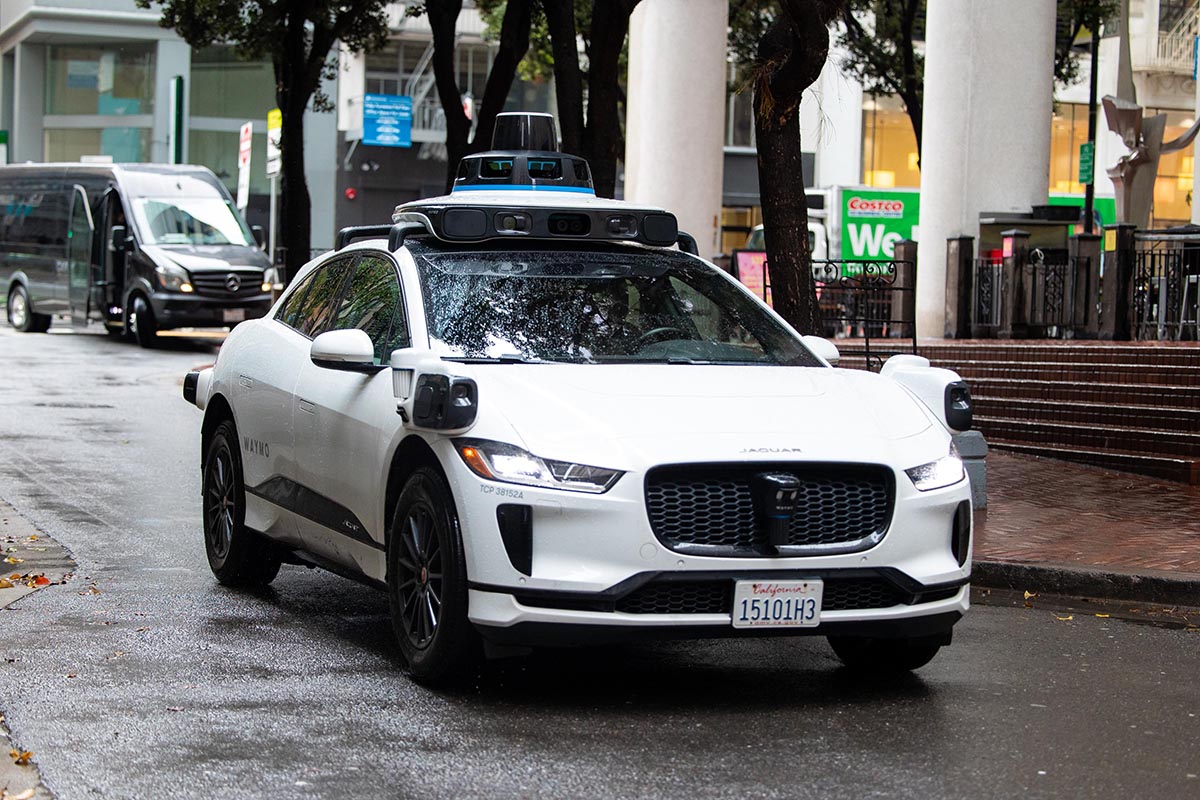Baidu has achieved a significant milestone in the field of autonomous driving, with its autonomous ride-hailing service, Apollo Go, becoming the first in China to offer fully driverless rides across the Yangtze River. This groundbreaking achievement showcases Baidu’s prowess in autonomous technology and marks a substantial expansion of its operational capabilities.
Operating in Wuhan, Apollo Go’s service includes an impressive fleet that navigates the complex terrain of the Yangtze River, crossing 11 bridges that connect the city’s north and south banks. Notably, the Yangsigang Yangtze River Bridge and Wuhan Baishazhou Bridge serve as demonstrations of Apollo Go’s technological excellence, enhancing connectivity for Wuhan’s 14 million residents.
See also: Baidu’s Apollo Go Becomes China’s First Autonomous Airport Ride Provider
This achievement follows Baidu’s strong financial performance, as indicated in its latest quarterly report. In the fourth quarter, nearly 45% of Apollo Go’s orders in Wuhan were fulfilled by fully autonomous vehicles, surpassing the 50% mark in January. Additionally, Apollo Go provided 839,000 rides in the last quarter, a 49% increase year-over-year, with total rides exceeding 5 million by early January.
Looking ahead, Baidu aims to achieve operational breakeven for Apollo Go in 2024, with plans to expand its successful Wuhan operations to other regions.
See also: Baidu’s Apollo Go to operate autonomous robotaxi in two cities
Baidu embarked on its autonomous driving journey in 2013, dedicating significant resources to research and development. The company prioritizes technological innovation, evident in its advanced autonomous driving systems that have completed over 90 million kilometers of testing. Baidu’s commitment to innovation has positioned it as a global leader in high-level autonomous driving patents, with a portfolio boasting over 5000 patents.






